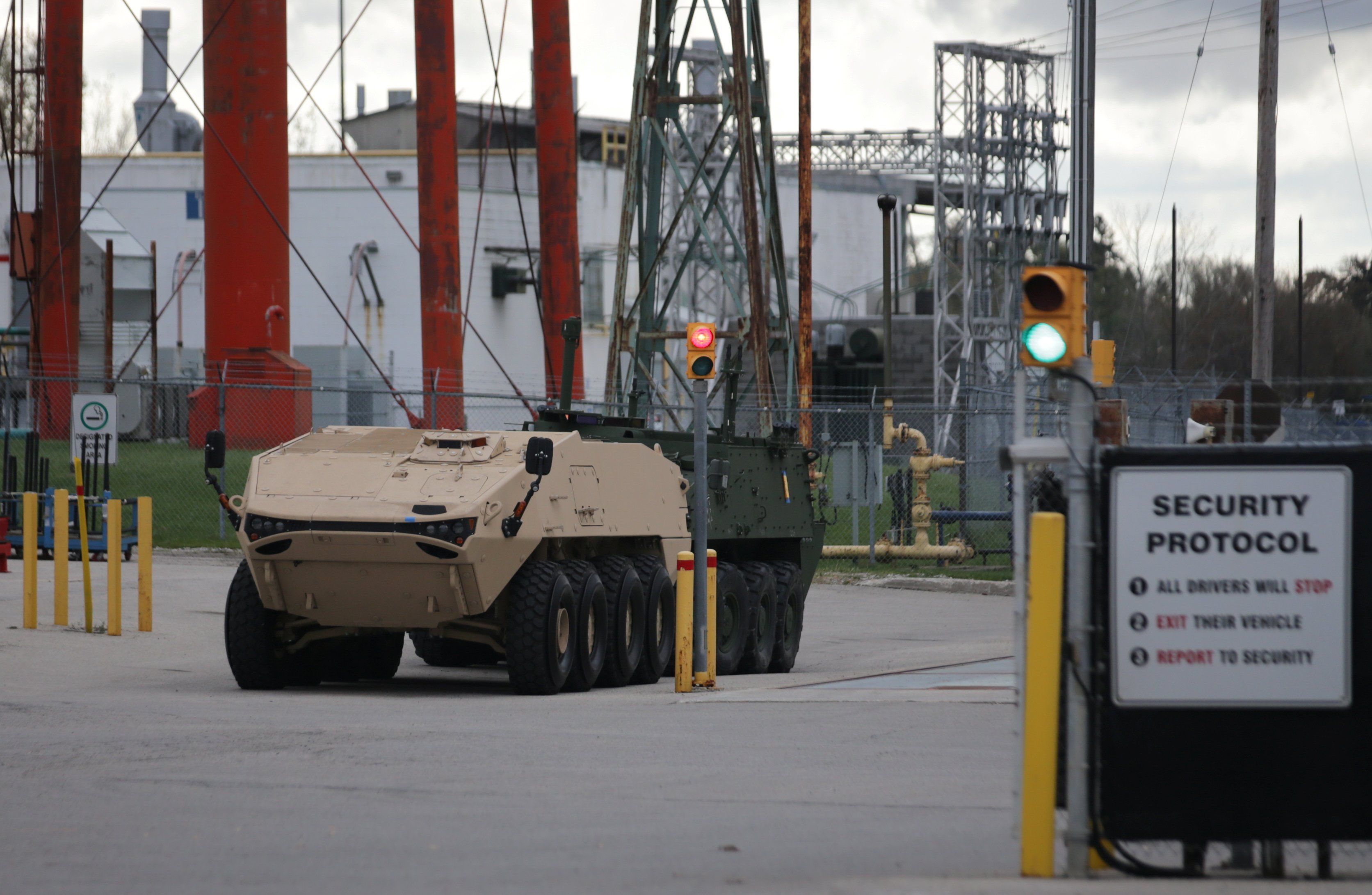11: Who would you guess is the world’s second-largest importer of Canadian military equipment after the US? For 11 years in a row, it’s been … Saudi Arabia, which imported more than $1 billion in Canadian arms in 2022 alone. The highly public (and recently resolved) spat between Canada and the Kingdom appears not to have affected that brisk arms trade at all.
400: This upcoming sentence doesn’t end how you think it will: An American man who put the incorrect address into his GPS ended up taking a wrong turn, which took him to the Rainbow Bridge at the Canadian border, where he was caught with 400 pounds of weed and $600,000 in his car.
936: In other, more intentional, cross-border smuggling news: A US Department of Justice sting operation nabbed an Ontario-based company for exporting at least 936 bottles of harp seal oil capsules to the US, in violation of strict environmental protection laws. The company, FeelGood, pleaded guilty on Monday and probably isn’t feeling great about facing a maximum penalty of a $500,000 fine and five years of probation. Canada has been stepping up its own efforts to track and trap illicit wildlife traffickers.
5: And for those looking to cross the Canadian border for more upstanding reasons, Canada has
announced a new plan to attract immigrants with qualifications in five key areas: healthcare, STEM professions, manual trades like carpentry and plumbing, transportation, and agriculture. The move comes amid a broader
debate about the extent to which Canada is suffering labor shortages.
